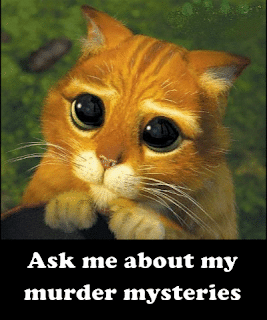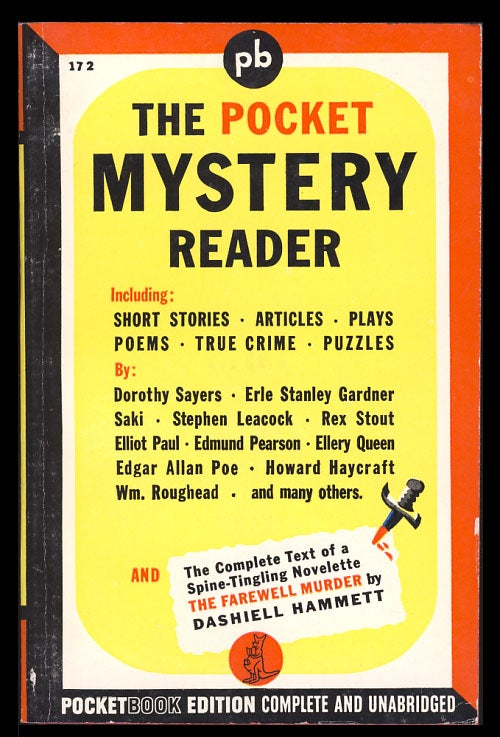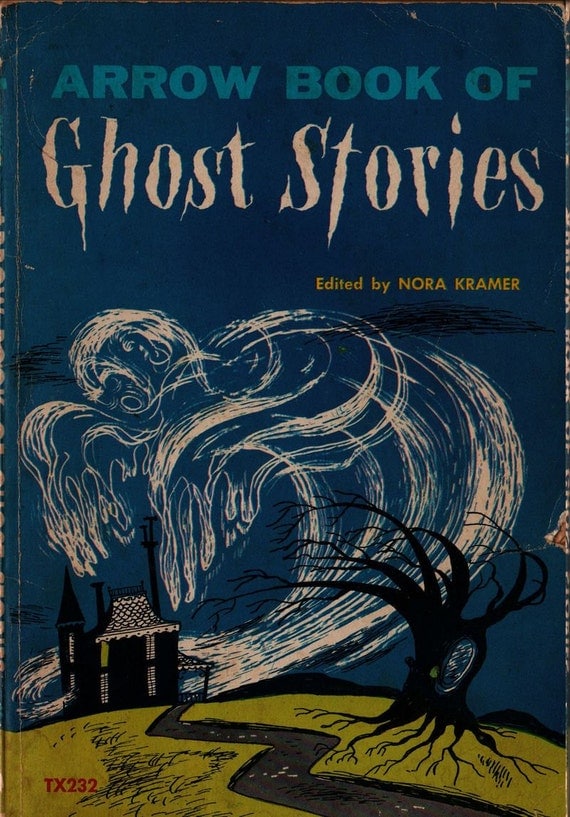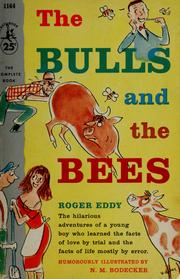"Ha'ina I'a Mai ana ka puana." It means "Sing the chorus," or maybe "Get to the point."
In other words, just tell the damn story.
A few days go, I forgot to charge my Kindle and couldn't order another book. Obviously, in the time of Covid-19, I've had lots of time to read, but some publishers are still figuring out how to get digital copies to reviewers like me.
I went to my book case and pulled out a massive short story anthology I assigned when I taught English. This was a newer edition, but I like it because it has a mix of classic (Poe, Hawthorne, Chekhov, Hemingway) and new and multi-cultural authors (Sherman Alexie, Alice Walker, Sandra Cisneros, Gish Jen, Leslie Marmon Silko). I read some stories either I'd never read before or forgotten (Yes, that does happen).
I enjoyed them all, but I'd hate to explain what a few of them said to me or "meant." Remember getting that question on standardized tests? My first reaction then was, "Hawthorne's dead. How the hell do I know what he was trying to tell me?"
Then I made a terrible mistake. I looked at a few of the questions following stories. Some of them were so esoteric I suspect they became thesis topics when the author's first 75 better ideas were either taken or got rejected by his advisor.
Teaching literature is an odd occupation. We don't teach our students to read, we force them to read "critically," and while I was accused of being good at it a long time ago, I no longer think I could explain what it means in a way that would justify it. I thought I was teaching kids to read for "ideas" and "themes" (A term I still avoid as much as possible) and techniques. Now, I think all that matters is that we have the tools to appreciate a story and can explain why that did or didn't happen. If you're a writer or potential writer, we should understand how the choices and techniques make a story more or less effective, but that's about it.
Remember Zevon's song?
Maybe that's all we should worry about.
Does the setting help bring out the story's ideas? would it work better with a different point of view or voice? What would happen if the writer changed the gender of the protagonist/narrator? What about a different time period? Would more or less humor help? I'm not sure we can really teach any of these except by wide reading and lots of experience, much of it through failure.
Last week, the University of Connecticut announced that they are abandoning the SAT as an admission requirement. In the age of Covid-19, many students don't have access to various preparation sites and workshops, which gives other applicants a big advantage.
Wouldn't it be great if we went back to reading for pleasure and a wider vision of the world without having to take multiple-choice and essay tests to pigeonhole the great works, or even the not-so-great ones? Let Shakespeare, Dickens, Alice Walker, Amy Tan, Cervantes, and Dorothy Allison stand on their own merits instead of trying to find a sometimes arcane or non-existent common denominator?
Let young people rediscover the miracle of those funny little marks on the page, like when were were younger parents and we held our kids on our laps before bedtime, watching Paddington or the Poky Little Puppy or Curious George discover how the world worked...























 This post, though, isn't really about Don Marquis, that's just a loose hook. I first ran across THE REVOLT OF THE OYSTER in my grandmother Ada's summer house on Salters Point, near New Bedford, on Buzzards Bay. Anybody who's ever rented a vacation cottage remembers that they're often furnished with old Agatha Christie paperbacks, say, or Louis L'Amours, or the Hardy Boys, and I remember going down every year to Ada's house, until I was maybe fourteen or fifteen, and every year I'd go straight to the bookshelf and take out the Don Marquis again. I never took it home with me. I always left it there for the next summer, a talisman, or a touchstone, if you will. I associated the book with that particular place, the smell of the ocean, the light on the water, the house itself, with its porches overlooking the seawall, my grandmother's sister, my Aunt Al, sitting in her room by the windows, playing her endless games of solitaire.
This post, though, isn't really about Don Marquis, that's just a loose hook. I first ran across THE REVOLT OF THE OYSTER in my grandmother Ada's summer house on Salters Point, near New Bedford, on Buzzards Bay. Anybody who's ever rented a vacation cottage remembers that they're often furnished with old Agatha Christie paperbacks, say, or Louis L'Amours, or the Hardy Boys, and I remember going down every year to Ada's house, until I was maybe fourteen or fifteen, and every year I'd go straight to the bookshelf and take out the Don Marquis again. I never took it home with me. I always left it there for the next summer, a talisman, or a touchstone, if you will. I associated the book with that particular place, the smell of the ocean, the light on the water, the house itself, with its porches overlooking the seawall, my grandmother's sister, my Aunt Al, sitting in her room by the windows, playing her endless games of solitaire.


